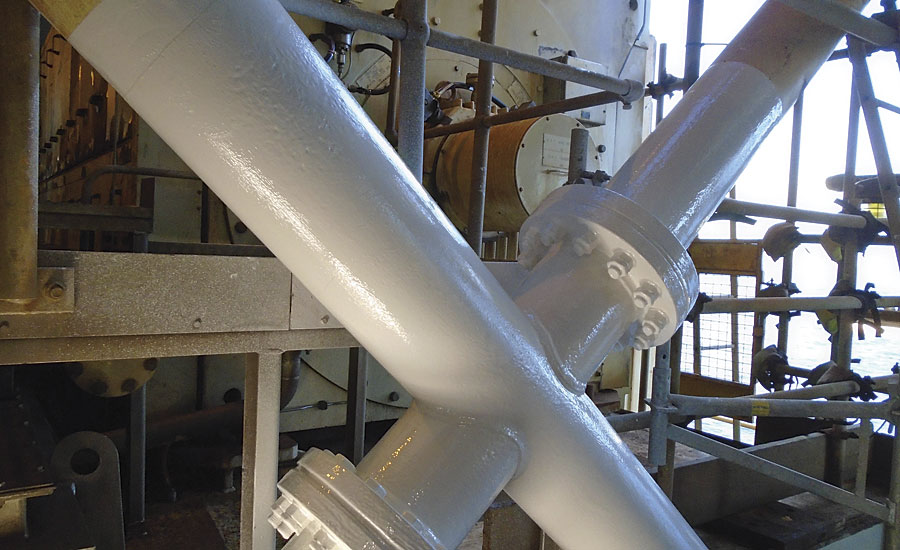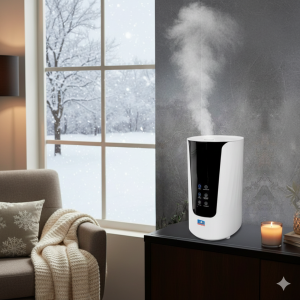Protection of steel and vitrified components
Domestic hot water accumulators are usually components that are highly affected by the eventual acidity of the water in heating systems. If maintenance costs or other expenses are not anticipated or attended to promptly, they can increase even more, especially in industrial or commercial systems. In this sense, pH must 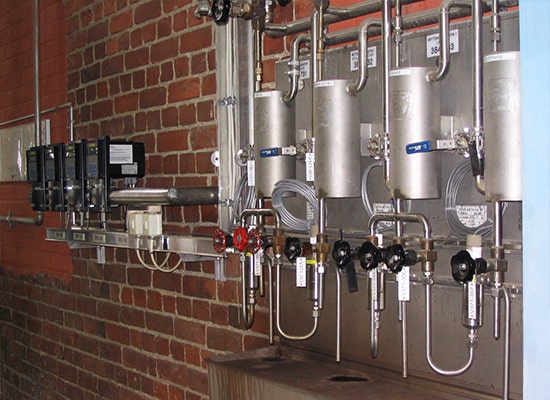 be regulated to neutralize such conditions, and thus avoid dissemination to other components, including pipes. Likewise, it is essential to constantly check the hardness of the water, to prevent the circulation of sediments of metallic origin, which cause costly stoppages in industrial areas; also, the presence of CO2 is problematic.
be regulated to neutralize such conditions, and thus avoid dissemination to other components, including pipes. Likewise, it is essential to constantly check the hardness of the water, to prevent the circulation of sediments of metallic origin, which cause costly stoppages in industrial areas; also, the presence of CO2 is problematic.
Knowing the essential characteristics of a water heater, you will know how to choose the best anti-corrosion materials, depending on whether the water itself is soft or semi-soft. In general, experts in the field of domestic or industrial heating usually choose copper, as it is an anticorrosive material for the components of the DHW. Likewise, there are other materials, such as stainless steel and vitrified glass, theoretically even more exceptional materials in the treatment of water, which will promote greater efficiency and even help to anticipate possible damage.
The metallic components aided by copper for the operation of the boiler are exemplary, however, it is also necessary to know the counterparts of such material. For example, it is possible that, during heating, chlorides are present according to the transformations of the hardness of the water; therefore, it is essential to be aware of the necessary chemical treatments. Expanding on the care, the technician on duty should be capable of the direct interaction between copper and steel, concerning protective alloys and the physical and chemical properties of boiling water. For copper to fully fulfill its domestic, commercial, and industrial function, at least in its anticorrosive properties, the aforementioned details must be checked.
The water heater structure
Whether for aesthetics or other reasons, some companies have used nickel as an important component within the water heater structure. However, some nickel-plated parts, as do not have protection with copper or nitrogen, so it is more likely that corrosion will occur in pipes, tanks, and other components. In this sense, experts in this type of heating structures do not recommend using nickel-plated elements, not alone -but in combination with other alloys or metals-, because they can cause future problems in heating systems, either at the domestic or industrial level.
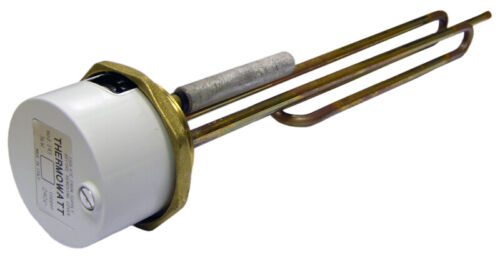 On the other hand, stainless steel is usually the common option for this class of structures, since its anticorrosive coating is efficient in many aspects. Perhaps, there are certain considerations when using stainless steel as a coating for water heaters; One of these conditions has to do with the proper planning and execution of welding work, especially in critical or high-stress areas, because those areas will be the most prone to pitting or cracks in their metal components, even entire plates can be seen affected, by a simple pitting in the metal, and if that happens, then entire plate replacements, or even entire sections, must be done! It is best to plan advanced protection in previously studied areas, either by adding color components or other alternatives. For this reason, daily, weekly, monthly, quarterly, semi-annual, and annual systematic reviews are preponderant, at least in industrial environments with high kinetic and thermal stress in boiler systems.
On the other hand, stainless steel is usually the common option for this class of structures, since its anticorrosive coating is efficient in many aspects. Perhaps, there are certain considerations when using stainless steel as a coating for water heaters; One of these conditions has to do with the proper planning and execution of welding work, especially in critical or high-stress areas, because those areas will be the most prone to pitting or cracks in their metal components, even entire plates can be seen affected, by a simple pitting in the metal, and if that happens, then entire plate replacements, or even entire sections, must be done! It is best to plan advanced protection in previously studied areas, either by adding color components or other alternatives. For this reason, daily, weekly, monthly, quarterly, semi-annual, and annual systematic reviews are preponderant, at least in industrial environments with high kinetic and thermal stress in boiler systems.
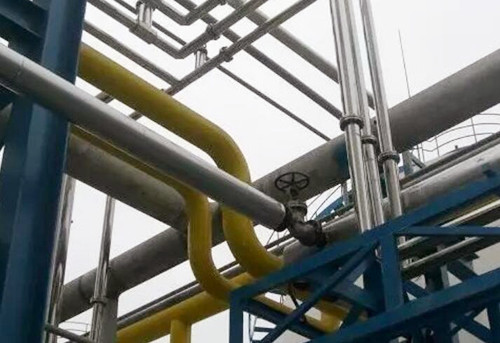 As for the vitrified components, it is best to use them only when dealing with residential projects, understanding that the temperature and pressure needs required for heating water are substantially lower than those needed by an industrial complex. Although vitrified protection layers are usually a good option, it is also necessary to know some conditions that could occur with this type of coating, such as glass adhered to tanks and components, or even complications in processes regarding the behavior of water. If so, a complement to these heating systems lies in putting magnesium anodes, to avoid eventual chlorides in the water. Likewise, if the presence of sulfides is noted, then the use of zinc anodes is recommended, or whatever the technician on duty recommends.
As for the vitrified components, it is best to use them only when dealing with residential projects, understanding that the temperature and pressure needs required for heating water are substantially lower than those needed by an industrial complex. Although vitrified protection layers are usually a good option, it is also necessary to know some conditions that could occur with this type of coating, such as glass adhered to tanks and components, or even complications in processes regarding the behavior of water. If so, a complement to these heating systems lies in putting magnesium anodes, to avoid eventual chlorides in the water. Likewise, if the presence of sulfides is noted, then the use of zinc anodes is recommended, or whatever the technician on duty recommends.

